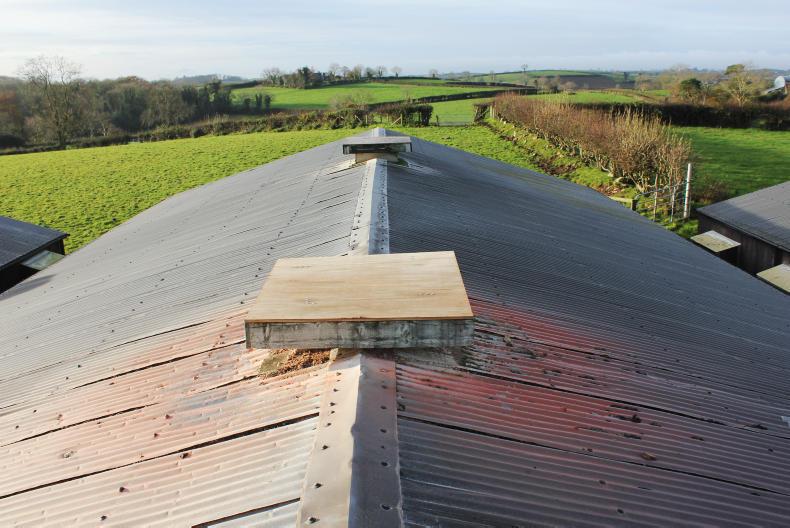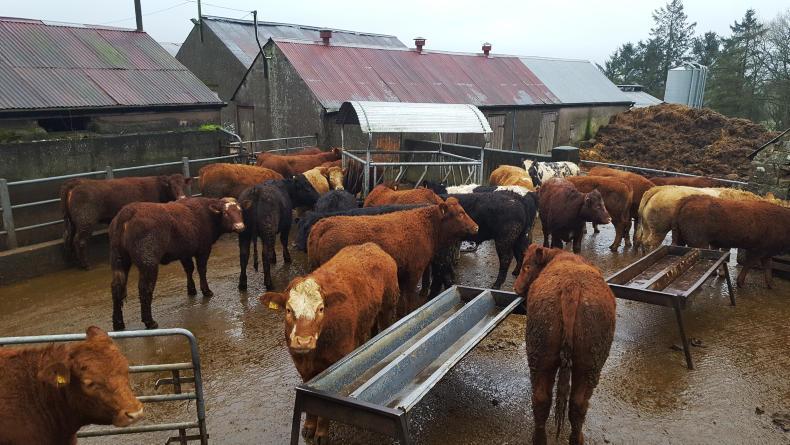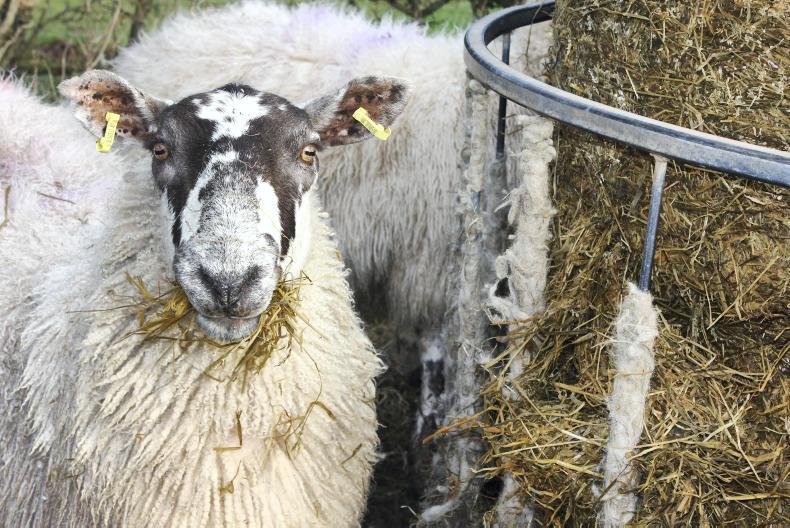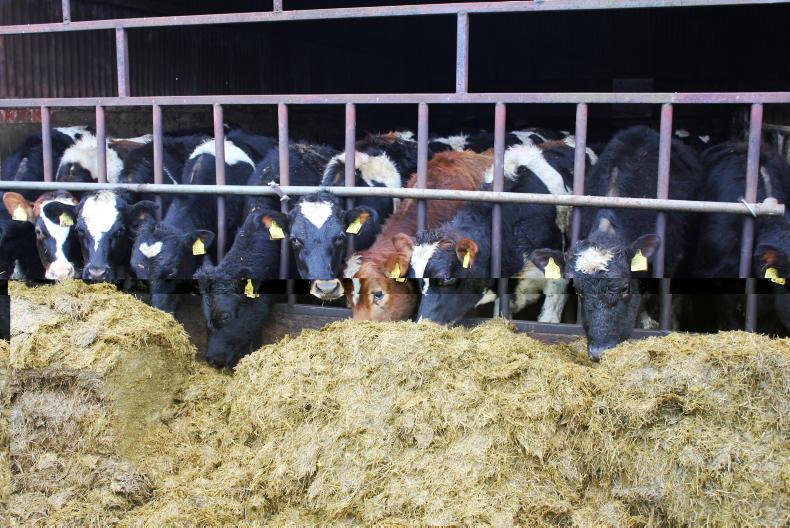Friday 10 November was a remarkable time on this farm for one reason: it was declared a stress-free day.
This occasion perhaps shouldn’t be noteworthy, but after a prolonged period of work pressure, things seemed to come together all at once.
The steady buildup of poultry house preparation for the arrival of day-olds, hauling of cattle to put together a lorry load for selling, and a couple of must-attend business meetings that same week combined to put me under the sort of pressure that no longer gives me much pleasure.
Then, on Friday morning as the lorry pulled out of the yard, I was suddenly aware that all that anxiety had magically disappeared.
The chicks were in and settled, and those 3am nightmares where the bullocks all jump over gates while impaling themselves on to every sharp object around the yard, had not materialised.
By contrast, I spent the day carrying out several repair jobs (from the attack by ex-hurricane Ophelia) without any sense of working against the clock. Later in the day came an e-mail with the weights and grades of the 13 steers. Of course, on a day when things are going well, the cattle were heavier than anticipated, so I found myself looking forward to not only the weekend, but a hefty cheque in the not too distant future.
Different
Everyone manages stress in different ways. I would have argued that I was showing no visible signs of pressure, and indeed was coping admirably with the mountain of work looming on the horizon.
My wife, however, knew better, and after the late-night arrival of two houses of birds, she commented that all that stress wasn’t doing me much good.
I immediately went defensive, claiming not to have a clue what she was talking about. That was a waste of time, because she arched one eyebrow, and gave me the old ‘‘yeah, right’’ look.
My feeble protestations that she was talking nonsense were brushed aside, and I had to admit defeat. It seems she had recognised the familiar signs (I suspect these are common among many farmers): lack of light-hearted conversation, apparent deafness when asked a question at the dinner table, and heavily disrupted sleep patterns.
I suspect if you were to ask a random farmer if he had any issues that kept him awake at night, he’d deny it. Ask his wife the same question, and you might get a very different answer.
Essential
I reckon that a certain amount of stress in the workplace is essential. It keeps us on our toes, helps us to meet deadlines, and, more importantly, provides us with those enormous highs that come after a prolonged spell of work pressure comes to an end.
And no two people handle pressure in the same way. In fact, one man’s idea of a perfect day at the office might well be another’s idea of a living hell. The secret, I suppose, is for everyone to recognise their own saturation point, and try to bob along just at that level. Probably easier said than done.
Landlord
About 20 years ago, I was putting up sheep wire on some rented ground. The landlord owned a string of hotels, and as I was hammering in a few staples, he purred along the adjacent avenue in his Rolls Royce.
Pausing beside me, he wound down the window and engaged me in a bit of general conversation. At one point (it was harvest time), I must have said something about the time of year causing a fair bit of stress among the farming community.
I shall never forget his instant response. “Stress?”, he barked, “Stress?”, “That’s a word they’ve invented recently!” With that, he slid the window up, and glided off.
And that very lucky gentleman appeared to have no concept of what the word ‘‘stress’’ even meant.









SHARING OPTIONS